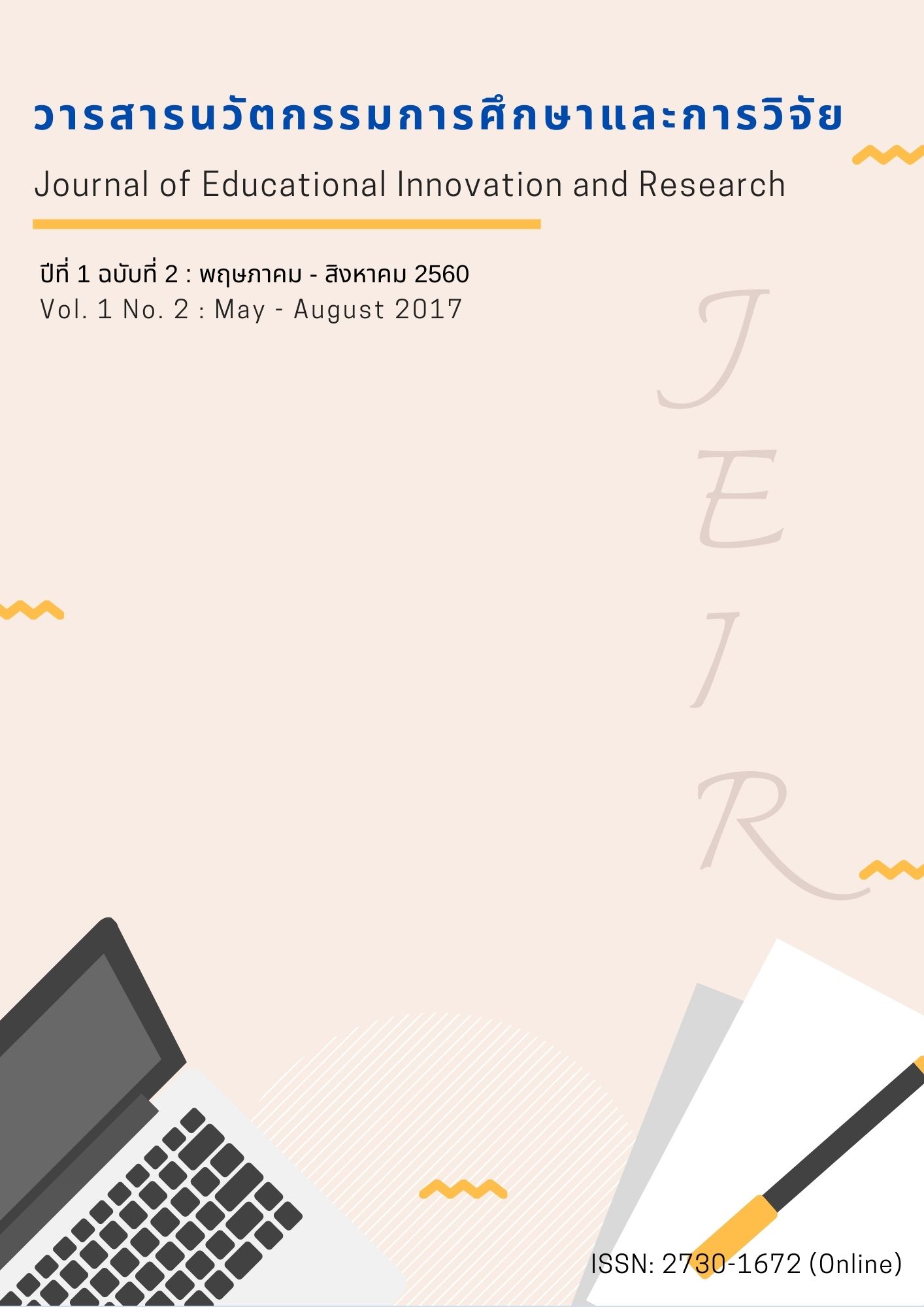The Helping in Theravada Buddhist Philosophy
Main Article Content
บทคัดย่อ
Theravada Buddhist philosophy offers indiscrimination to solve the problem of selfishness through building mental equality. The Most Venerable Phra Phrom Kunaporn (PA Payutto) has called it “compromisation” - a process of reducing our own needs and that of the others to the level of the mutual agreeableness. This is through enacting regulations with the aim of human development rather than mental coercion. As a result, it leads to helping others without Lobha (greed), Dosa (hatred), and Moha (delusion) or Akusala-mula (unwholesome roots) Consequently, helps in Buddhist philosophy is to develop through three development perspectives, i.e. 1) Sañña (perception)- it is possible to help under dogmas such as laws, disciplines, mores and common practices coded as the cornerstone one must not infringe without prior common agreement and consensus. 2) Viññana (consciousness) - helps which is ministration emphasizing righteousness in accordance with Dhamma and not for oneself and anyone else. 3) Pañña (wisdom) - helps under prudence which are not just only supporting Dhamma or promoting righteousness but also enabling the persons under assistance to achieve self-development through self-reliance rather than leaving them forever awaiting helps from other people.
Article Details
เอกสารอ้างอิง
Intharat, S. (2008). Gender Fairness in the Public Law Perspectives. Law Journal, 3(1), 35-38.
Kant, I. (1985). Foundations of the Metaphysics of Morals. Tr. By Lewis White Beck. New York: Macmillan Publishing Company.
Mahachulalongkornrajavidyalaya University. (1996). The Thai Tipitaka. Bangkok: MCU Press.
Mahamakutrajwittayalaya University. (1984). The Atthakatha (Commentary) Suttantapitaka. Bangkok: MBU Press.
Mahamakutrajwittayalaya University. (2006). Mangalatthadipani (trans.) Vol.2. (12th ed.). Bangkok: MBU Press.
Matichon (online). http://www.matichon.co.th/news_detail. php?newsid=1432010590 (May 19, 2015)
Mill, J.S. (2006). On the Connection between Justice and Utility. in The Blackwell Guide to Mill’s Utilitarianism. edited by Henry R. West. UK: Blackwell Publishing.
Phra Brahmagunabhorn (P.A. Payutto). (2007). Sustainable Development. (6th ed.). Bangkok: Saha Dhammika.
Phra Buddhagosajaraya. (2005). Visuddhimagga Part 3 Section 1. Translated by the Textbook Committee of Mahamakutrajwittayalaya University. (10th ed.). Bangkok: MBU Press.
Rawls, J. (1999). A Theory of Justice. USA: Harvard University Press.
Singer, S. (2008). Insider and Outsiders. in Philosophy and Contemporary Issues. ed. by John R.Burr and Milton Goldinger. (9th ed.). New Delhi: Private Limited.
The Thai Action Committee for Democracy in Burma (TACDB). http://www.tacdbburmese.org/web/ index.php?option=com_content&view=article&id=61:2010-11-16-05-48-43&catid=36:2010-10-21-08-06-37&Itemid=58, (20 June 2015).
Walzer, M. (2015). Spheres of Justice (Summary). (online) http://www.the-philosophy.com/spheres-justice-walzer-democracy (22 may 015).
Young, C. M. (2006). Aristotle’s Justice. in The Blackwell Guide to Aristotle’s Nicomachean Ethics. edit by Richard Kraut. UK: Blackwell Publishing Ltd.


